In recent months, escalating religious tensions in Bangladesh have brought renewed attention to the complex relationship between the nation’s secular identity and its predominantly Muslim population. A series of incidents has left minority communities, particularly Hindus, feeling vulnerable. Reports of threats against Hindu sites, including the prominent ISKCON temple, have raised concerns about safety and inclusivity. These developments follow calls from certain Islamic groups to amend the Constitution, removing the word “secular” and declaring Bangladesh an Islamic state. This shift would signify a profound transformation for Bangladesh, a country with a history rooted in ideals of religious tolerance and diversity.
The Constitutional Debate: Secular Roots at Risk

News24x7
When Bangladesh achieved independence in 1971, it was established with a vision of secularism, aiming to create a nation where all religious communities could live harmoniously. Secularism was more than just a principle; it was a safeguard that promised equal rights and protection to citizens of all faiths. However, with more than 90% of the population identifying as Muslim, the secular ideals that once defined Bangladesh have come under increasing pressure from certain factions. Advocates for an Islamic state argue that removing “secular” from the Constitution would align the country’s identity with its majority religion, shaping a new national identity and legal framework.
This debate over secularism versus religious exclusivity has significant implications not only for the country’s Hindu minority but also for other communities, including Buddhists, Christians, and secularists. Amending the Constitution could redefine the nation’s core values, impacting everything from education and cultural practices to freedom of worship and social cohesion. For those who value Bangladesh’s secular heritage, the potential shift represents a threat to the inclusive ideals the nation was built upon.
A Growing Hostility: Challenges for the Hindu Community
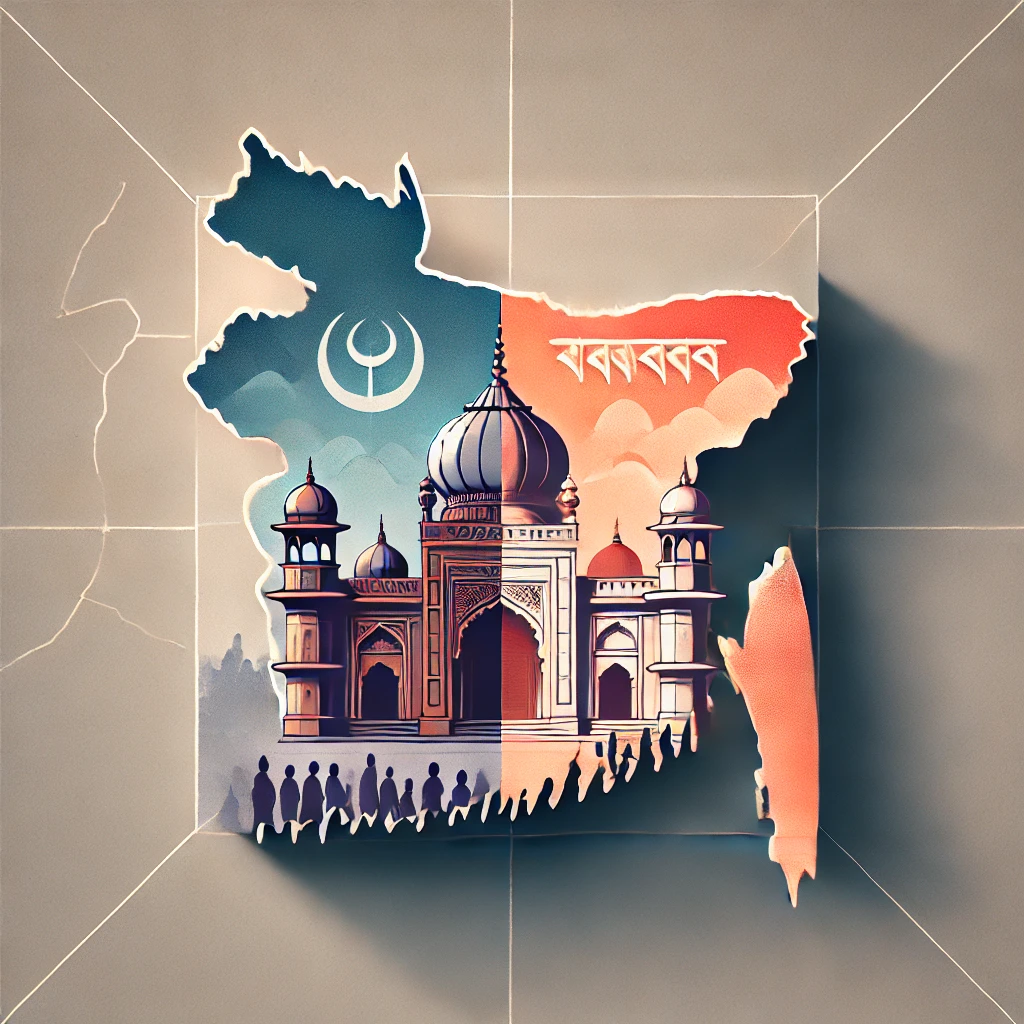
News24x7
The Hindu population in Bangladesh, constituting approximately 8-10% of the country’s 160 million people, has long faced challenges, from social discrimination to acts of violence. The recent threat to ban the ISKCON temple, a significant religious and cultural institution for Hindus, marks an escalation in hostility. Extremist statements about “dragging Hindus out” of their places of worship have intensified fears within minority communities, signaling a worrisome shift towards open intolerance.
These public displays of hostility often come without consequences, creating an environment where extremist sentiments can thrive unchecked. For religious minorities, the fear of becoming targets has become an everyday reality. Without stronger protections or clear responses from authorities, these communities face growing insecurity, leaving them to question their place within the country.
The Role of Politics: Religion as a Tool for Influence
Religious tensions in Bangladesh are not solely the result of public sentiment; they’re also shaped by political maneuvers. Over the years, political parties have occasionally aligned with religious hardliners to garner support from the Muslim majority. In some cases, politicians have used religious identity to appeal to the masses, often at the expense of minority groups. This practice of politicizing religion leaves communities like Hindus, Buddhists, and Christians vulnerable, as their voices are frequently overshadowed in favor of majority interests.
The demand to make Bangladesh an Islamic state has gained traction among influential organizations that argue this change would reflect the religious composition of the population. However, for minority groups, this represents an existential threat. Should Bangladesh adopt a religiously exclusive identity, minority rights could face new restrictions, diminishing religious freedoms and equal legal protections.
For instance, stricter regulations might be imposed on religious practices that do not align with Islamic values, impacting daily life for non-Muslims. Such changes would not only alter the cultural landscape but also erode the trust and unity that Bangladesh’s secular identity once fostered.
Secularism vs. Religious Identity: Defining Bangladesh’s Core Values
At the heart of this ongoing tension lies a fundamental question about national identity. Should Bangladesh maintain its secular foundations, which were intended to protect the rights of all citizens, or redefine itself based on religious exclusivity? For many citizens, particularly those in minority groups, secularism represents a shield that safeguards their right to religious freedom and security.
Abandoning secularism could create a legal framework that prioritizes the majority religion, potentially at the expense of religious minorities. For these communities, this shift brings uncertainty about their future, raising concerns about whether the protections they currently enjoy will remain intact. The secular-versus-religious debate, therefore, is not merely a question of governance but of how inclusive and harmonious Bangladesh aspires to be.
Bangladesh’s Global Standing: The Impact of Religious Intolerance
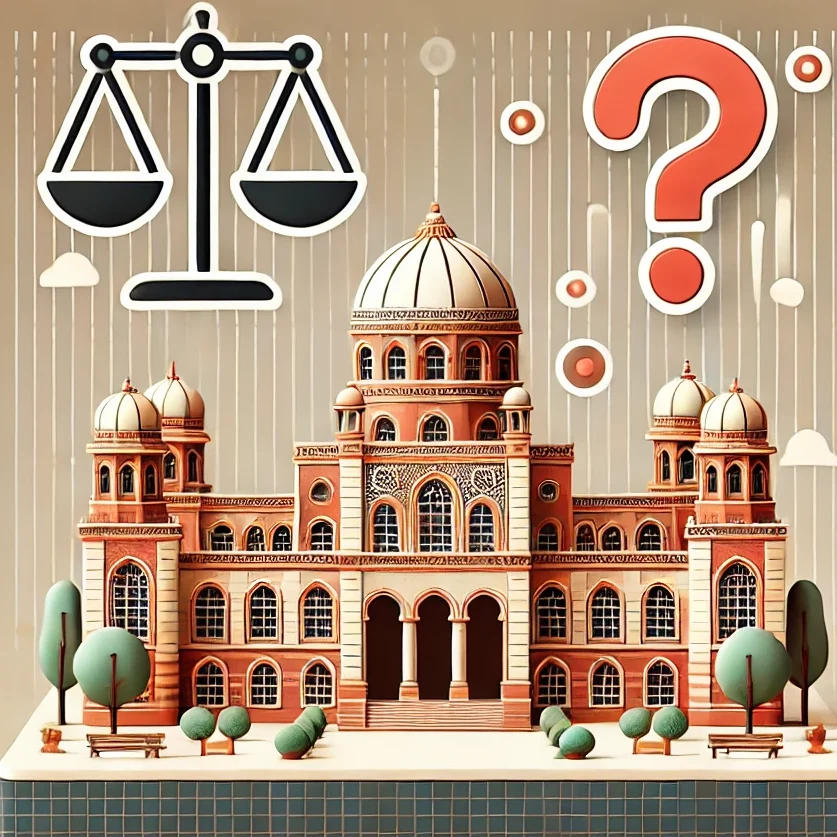
News24x7
The international community closely observes issues of religious tolerance, particularly in countries with histories of religious pluralism. Bangladesh’s reputation as a diverse and tolerant society is under scrutiny as news of rising intolerance against minorities spreads globally. Many democratic nations prioritize human rights, including protections for religious minorities, and may voice concerns over any steps toward exclusivity.
A shift toward religious exclusivity could also impact Bangladesh’s economic prospects, particularly regarding foreign investment and tourism. International investors often seek stable environments that uphold inclusive values, and any erosion of religious freedom may raise red flags. Similarly, tourism, a vital economic contributor, could suffer if Bangladesh is perceived as intolerant of diversity.
Moving Forward: A Call for Unity and Respect
The current religious climate presents Bangladesh with a difficult but crucial path forward. The nation’s secular foundation was intended to foster a peaceful society, allowing people of all faiths to live harmoniously. Reaffirming these values is essential for ensuring that every community, regardless of religious beliefs, feels respected and safe.
The government has a significant responsibility to address these rising tensions. Implementing policies that reinforce inclusivity, protecting the rights of all citizens, and holding accountable those who incite hatred are vital steps in upholding Bangladesh’s founding principles. By prioritizing unity and respect over division, Bangladesh can work toward a future where all communities feel valued.
Conclusion: Bangladesh at a Crossroads
The challenges facing Bangladesh’s Hindu community reflect a deeper national dilemma. As the country stands at a crossroads, the decisions made today will determine its legacy. Will Bangladesh continue on its path as a secular, inclusive state, or will it lean toward religious exclusivity? For the sake of all its citizens, it is essential that peace, tolerance, and understanding prevail, allowing Bangladesh to build a future where diversity is celebrated, and every individual feels secure.
जय हिंद 🇮🇳
News24x7
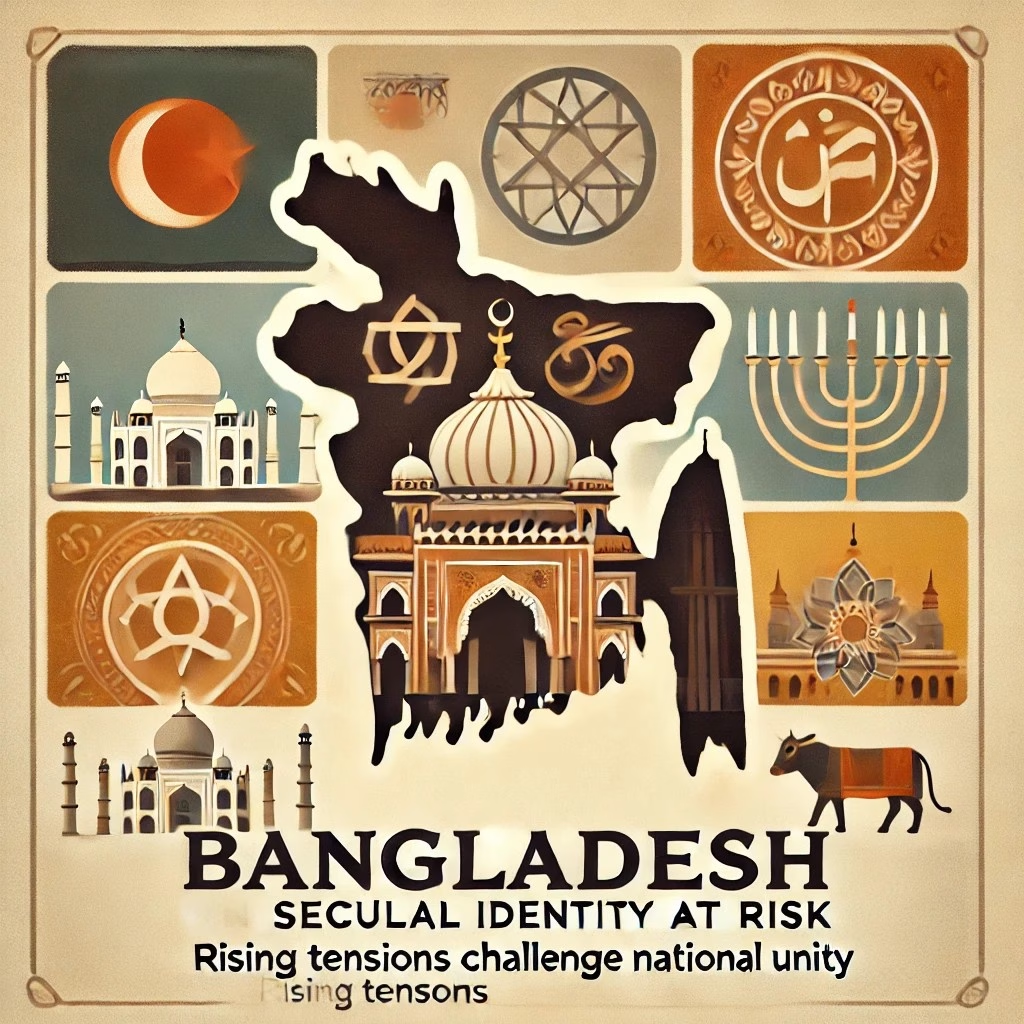
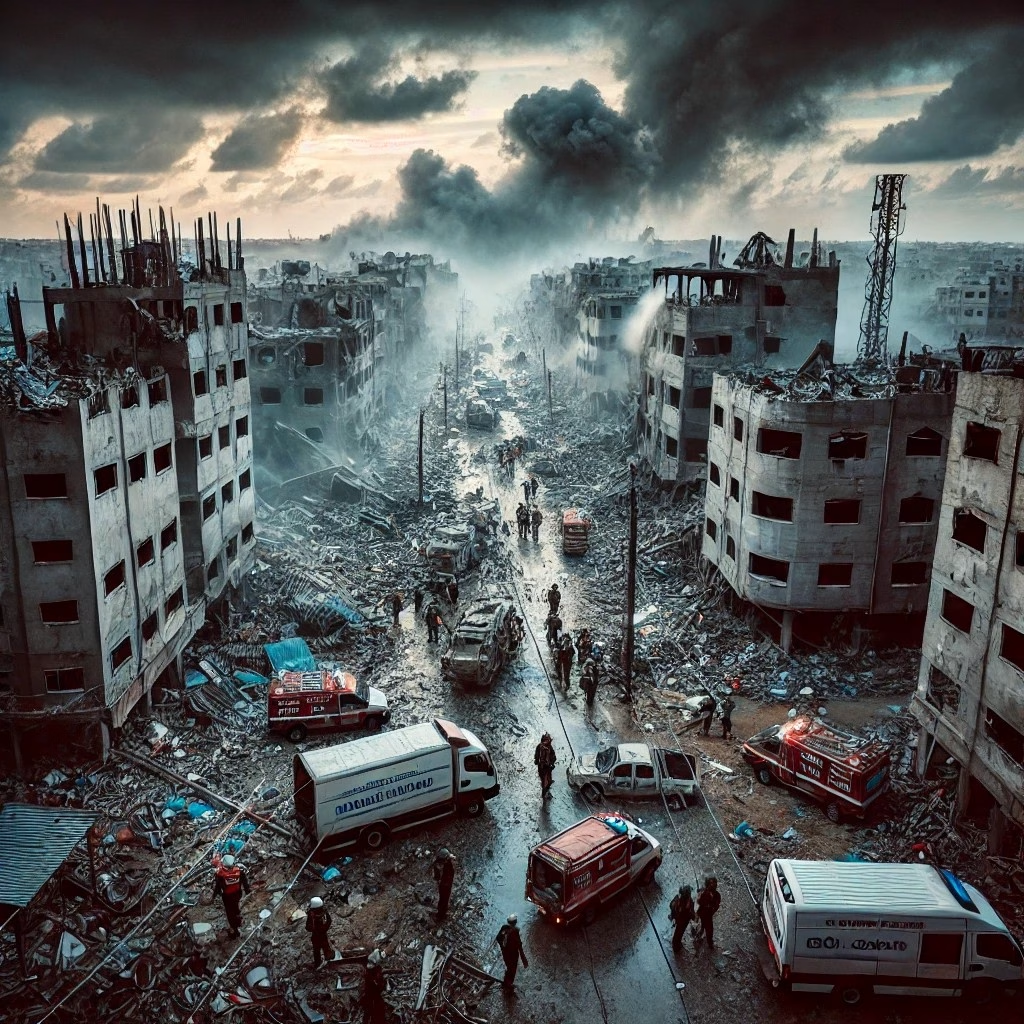
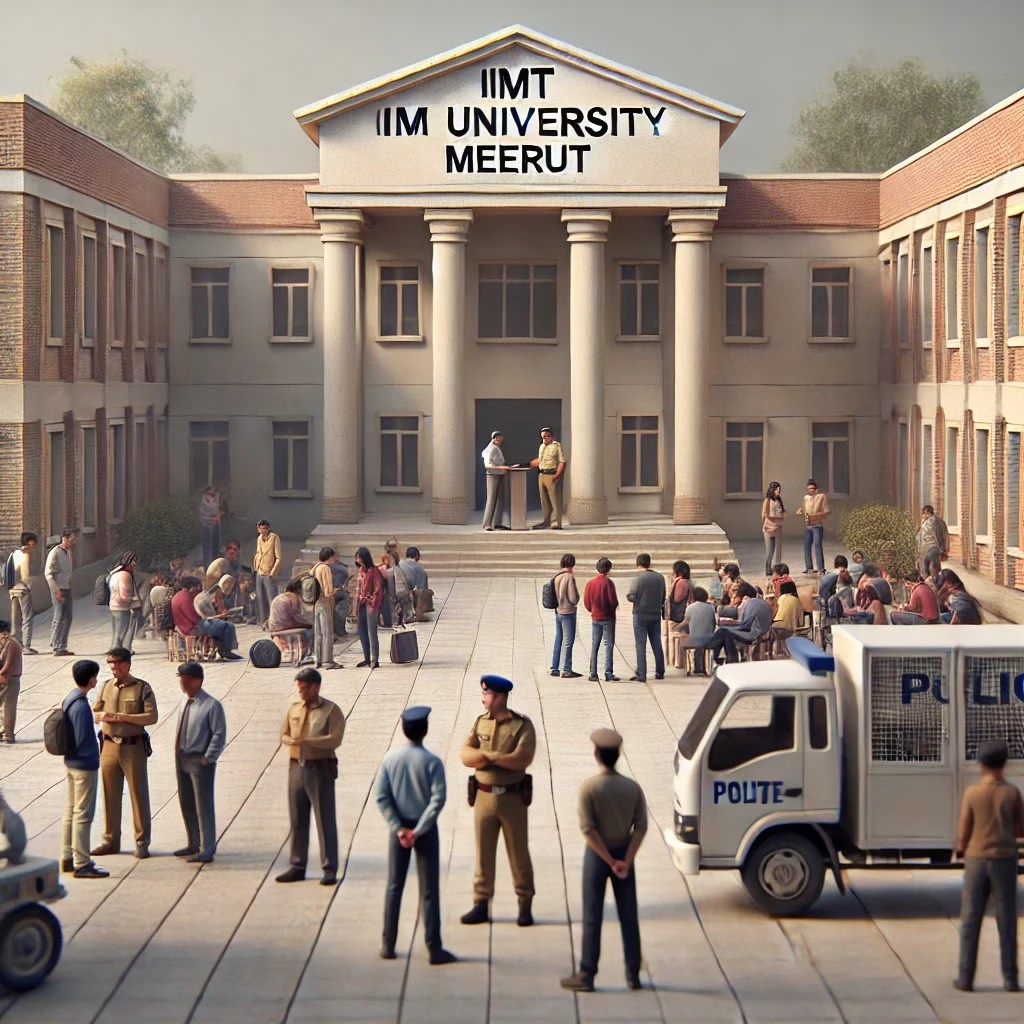

Leave a Reply